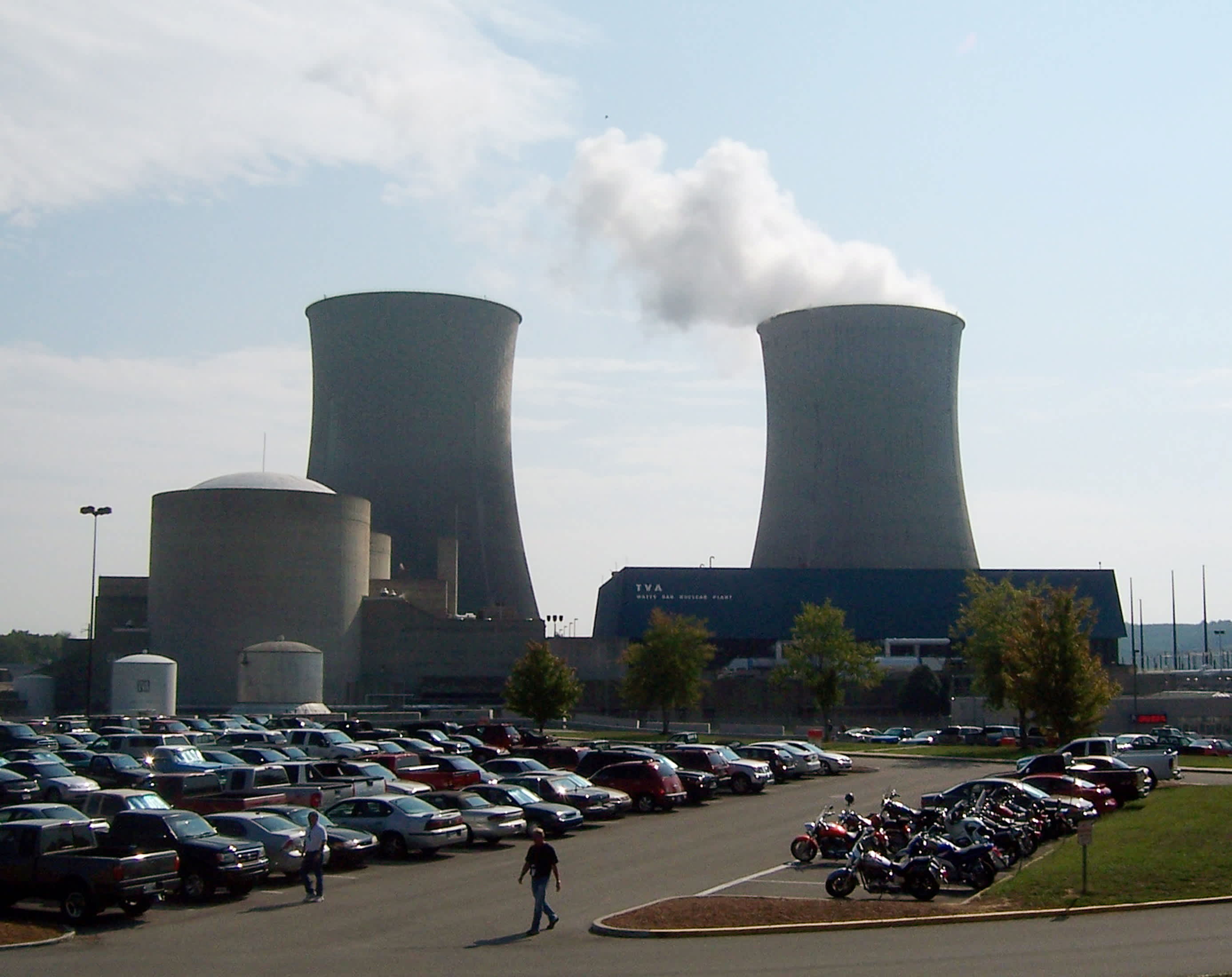mspohr
Well-Known Member
Big surprise here
UPDATE: Georgia’s Vogtle nuclear expansion hit with new delays, costs
Many of Georgia Power’s customers already are paying Vogtle’s financing costs — to the tune of nearly $900 on average per ratepayer. Still to come as of late last year: a $185-a-year increase in average residential rates to cover construction costs if state regulators approve all of the company’s Vogtle costs, according to monitors and state staffers.
UPDATE: Georgia’s Vogtle nuclear expansion hit with new delays, costs
Many of Georgia Power’s customers already are paying Vogtle’s financing costs — to the tune of nearly $900 on average per ratepayer. Still to come as of late last year: a $185-a-year increase in average residential rates to cover construction costs if state regulators approve all of the company’s Vogtle costs, according to monitors and state staffers.








